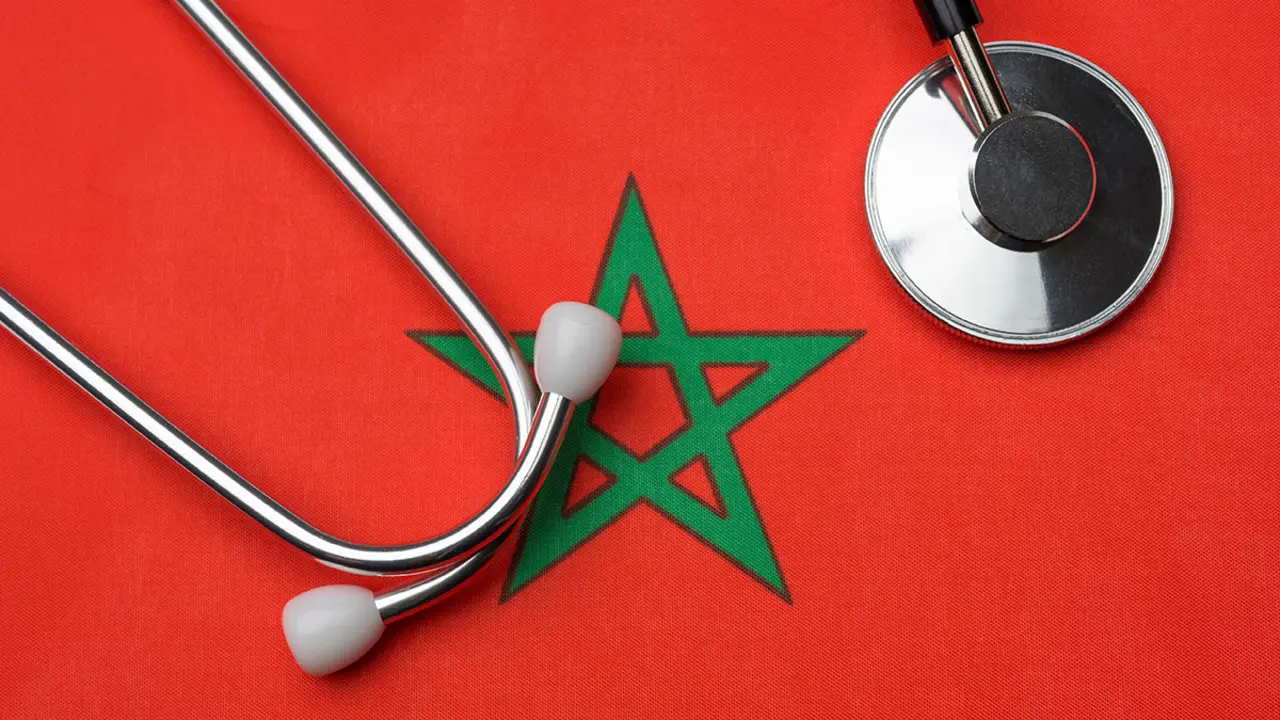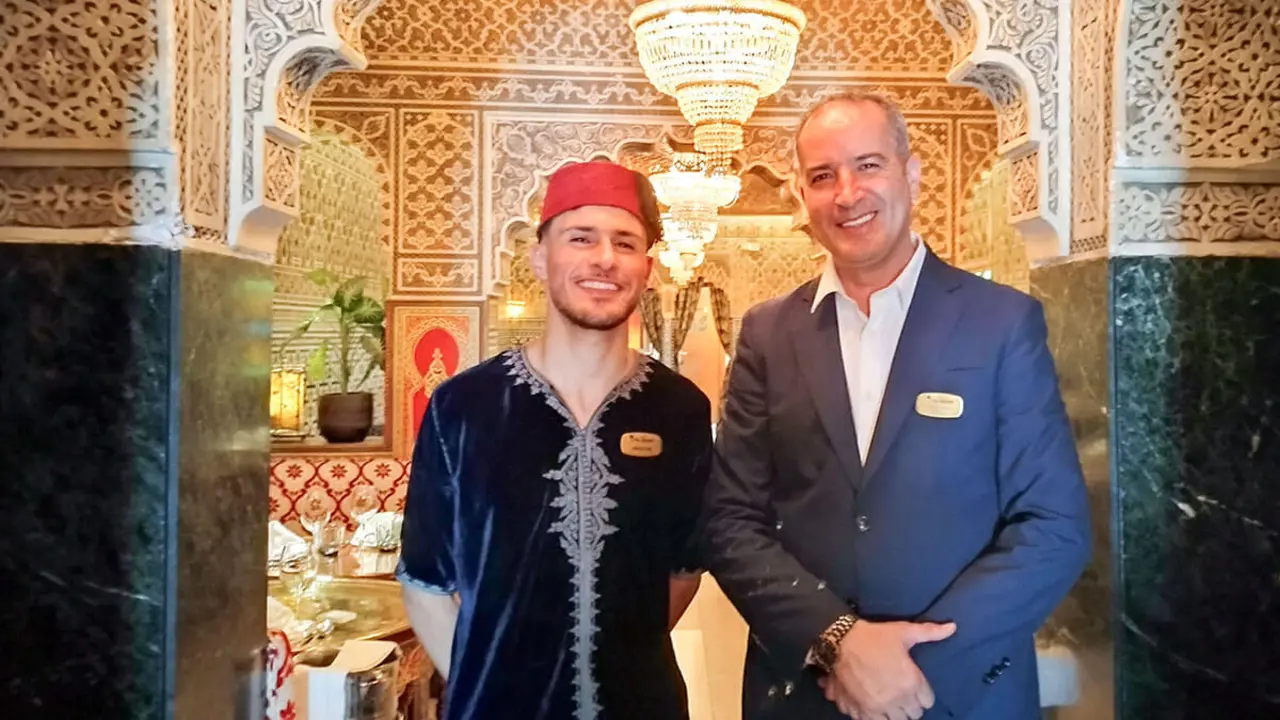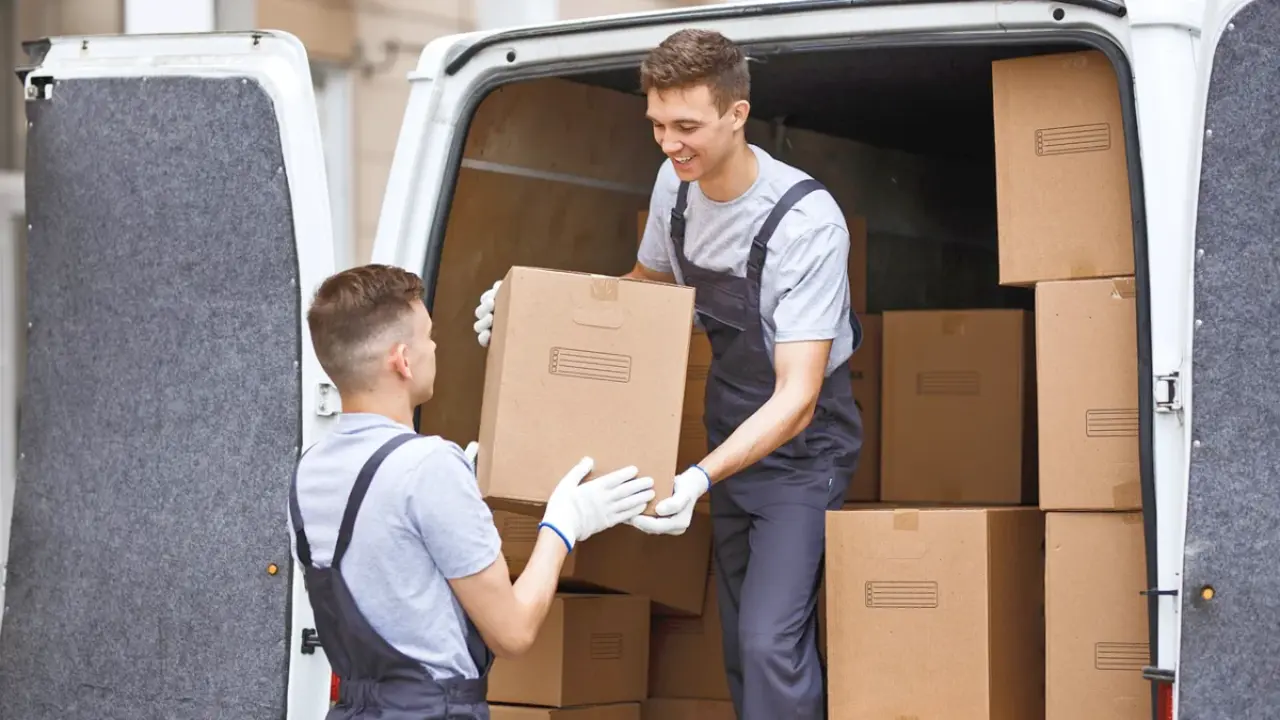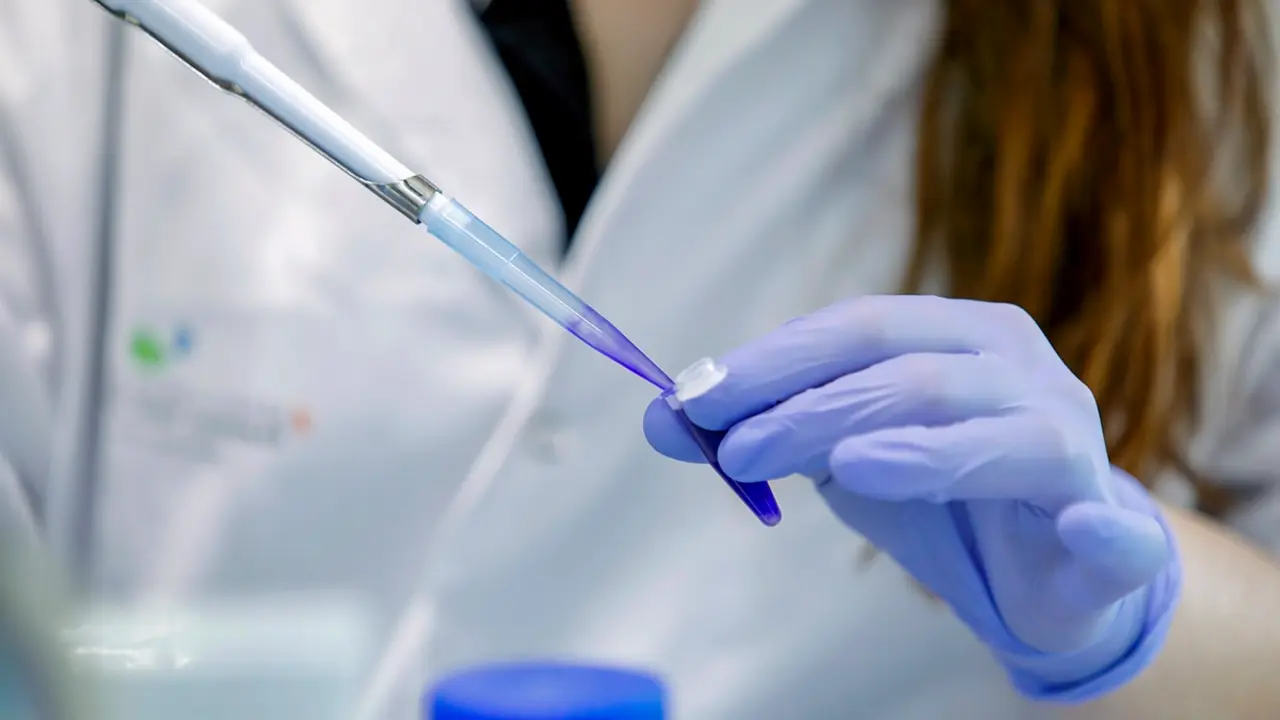Disability is not inability, fighting marginalisation
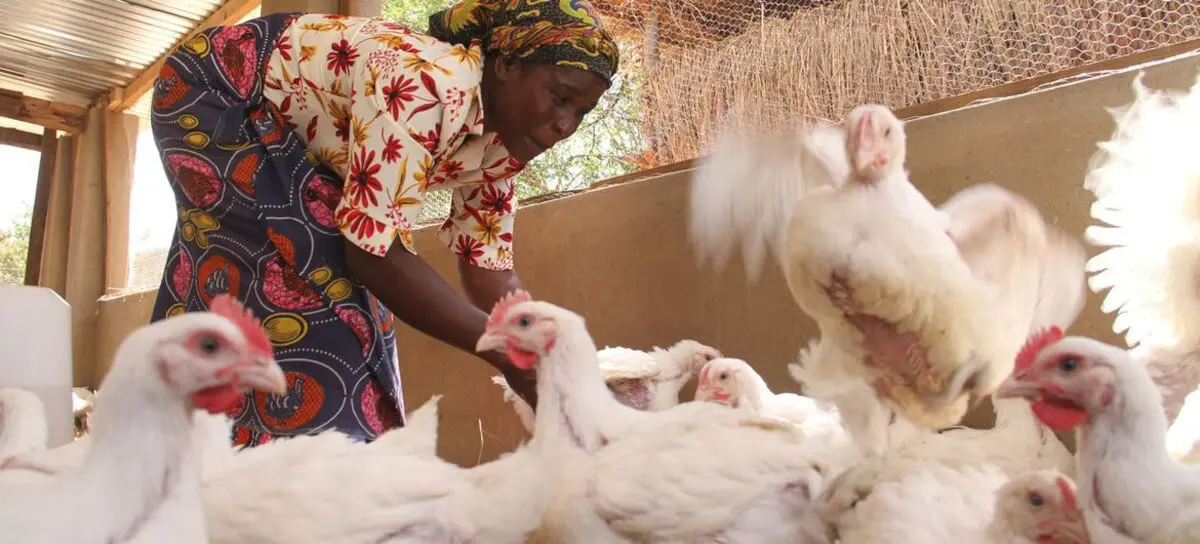
Stephen Omondi Odhiambo signs the word "HEN" to his wife, Dorah Akungu, and she understands immediately. By spelling the words with his fingers, Stephen has taught her, his family and close friends the signs of the most commonly used words and they now communicate fluently.
Stephen himself had to learn sign language at school at the age of seven, when an illness caused problems with his ears. Despite prolonged hospitalisation, he eventually lost his hearing.
In their village of Ulafu, Kenya, as in many parts of the world, people with disabilities are often marginalised. They often have difficulty finding work, which leads to economic hardship that further exacerbates their situation.
The Food and Agriculture Organisation of the United Nations (FAO) has been working with the Siaya Disabled People's Organisation (the county in which Ulafu is located) to promote employment in the agri-food sector for young people with disabilities, helping to create quality job opportunities to break the vicious cycle of poverty and exclusion.
Overall, unemployment is a challenge for young people in the country. Although Kenya is the strongest economy in East Africa, it has the
Although Kenya is the strongest economy in East Africa, it has the highest number of unemployed youth in the region.
Potential of the agri-food sector
Since 2011, FAO has been implementing the Integrated Country Approach programme to boost agri-food-based jobs for youth. The agri-food sector has great potential to offer stable work with adequate income and to do so outside the big cities.
Stephen, who went to work in Nairobi at the age of 27, describes: "I worked in a place where they made printing paper. When COVID-19 happened, our boss decided to downsize and some of us were laid off. I thought it would be best to leave Nairobi and go back to the countryside".
Back in his village, Stephen had friends who ran a farmers' group, so he decided to join it. The group took advantage of FAO training in fruit, poultry and fish farming, as well as other agricultural practices.
The UN agency then collaborated with the Siaya Department of Agriculture and local partners to deliver the technical training to members of the county's Disabled People's Organisation, who are normally excluded from such learning opportunities.
Thus, the government trained some 65 youth members of the PDO in various types of agriculture. Where necessary, the training sessions were conducted with the help of a sign language interpreter.
After a few training sessions, Stephen decided to focus on poultry farming.
An inclusive society for all
FAO's national programme coordinator, Andrew Mwaura, said the project is unique because it gave people with disabilities a platform to demonstrate that they are capable of engaging in agriculture. The programme highlighted their achievements and gave them a visibility they lacked in the past.
The chairman of the Disabled People's Organisation, Charles Juma, explained: "We identified the needs of people with disabilities and provided vocational training. Our vision is a barrier-free and inclusive society for all".
Analysing the gaps and barriers to success, FAO offered specialised training or procured inputs, such as animal feed that had become too expensive, to boost production or give a boost to farming enterprises.
In addition to caring for their two young daughters, who are also hearing-impaired, Dorah and Stephen work together on all aspects of poultry farming, increasing the benefits they derive from the activity.
"We enjoy farming very much. It is the backbone of our life. We do it and we love doing it. So we get something out of it to sustain our lives," Dorah said.
Expanding the business
The programme also succeeded in taking the trainees' farming to another level. Most of the participants now have plans to expand their businesses, using the UN agency's support as an impetus.
Stephen explained: "I started with a single hen, from which 15 chicks were hatched. When they grew big enough, they laid eggs which I sold and made some profit. I used that money to pay school fees for my daughter, who is in a boarding school for hearing-impaired children". With a smile, Stephen concludes: "I really want to expand my poultry farming.
The Siaya Government's Director of Youth Affairs, Gender and Social Services, Maida Nyawade, explains that they hope to roll out this type of programme throughout the county.
Global reach of the programme
Completed in December 2023, the FAO programme, supported by the Swedish International Development Cooperation Agency, worked to make agri-food value chains more inclusive for rural youth in five countries: Guatemala, Kenya, Rwanda, Senegal and Uganda.
Promoting quality job opportunities helps to break the vicious cycle of poverty and exclusion. It also demonstrates that people with disabilities can play an important role in the social and economic development of their communities.
Overall, the programme in Kenya benefited 64 institutions, 148 youth organisations and 3800 young people. In addition, it has reached more than 14,000 indirect beneficiaries, through fairs, awareness-raising activities, dialogues or digital platforms.


